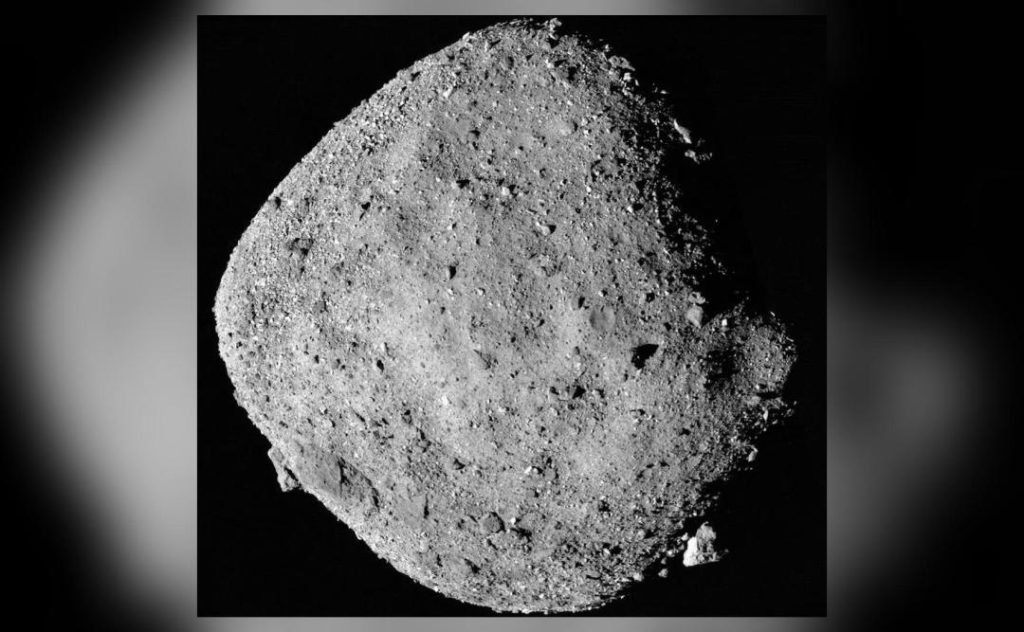
What would happen if asteroid Bennu hits Earth in 2182?
Asteroid Bennu, a near-Earth asteroid, has been making headlines in recent years due to its close proximity to our planet. Scientists have been monitoring the asteroid’s trajectory, and their latest predictions have raised concerns about a potential impact in the year 2182. According to a recent report by Reuters, scientists have given asteroid Bennu a one-in-2,700 chance of hitting Earth in 2182, which would have devastating consequences for our planet. In this blog post, we’ll explore what would happen if asteroid Bennu were to strike our planet and the potential effects it would have on our world.
The Impending Impact
Asteroid Bennu, which is about 1,600 feet (488 meters) in diameter, has been orbiting the sun since its discovery in 1999. The asteroid’s elliptical orbit brings it close to Earth’s orbit every six years, and scientists have been tracking its trajectory to determine whether it poses a threat to our planet. In 2025, NASA’s OSIRIS-REx spacecraft flew by asteroid Bennu, gathering data and samples that have helped scientists better understand the asteroid’s composition and orbit.
According to NASA, asteroid Bennu has a one-in-2,700 chance of hitting Earth in 2182. While the probability might seem low, it’s still a significant concern, especially considering the potential consequences of such an impact. Scientists have warned that an impact of this magnitude would have catastrophic effects on our planet.
The Devastating Consequences
If asteroid Bennu were to hit Earth in 2182, the impact would generate a powerful shockwave that would cause widespread destruction. The shockwave would be equivalent to a massive earthquake, with waves of energy traveling through the Earth’s crust and causing massive destruction. The impact would also trigger powerful earthquakes, with seismic waves radiating outward from the impact site, causing buildings, bridges, and other structures to collapse.
The impact would also trigger massive wildfires, as the intense heat generated by the asteroid’s entry into the Earth’s atmosphere would ignite flammable materials and create a firestorm. The thermal radiation from the impact would also cause widespread damage, with temperatures rising to extreme levels, potentially causing fires and burns.
The impact would also create a massive crater, potentially as large as 10 kilometers (6.2 miles) in diameter. The crater would be formed by the asteroid’s energy being released as it enters the Earth’s crust, causing massive destruction and displacement of rocks and soil.
Global Impact Winter
One of the most significant consequences of an asteroid impact of this magnitude would be the injection of large amounts of dust and debris into the atmosphere. Scientists estimate that the impact would inject 100-400 million tons of dust into the atmosphere, which would have a profound impact on the planet’s climate.
The dust and debris would block out sunlight, causing a global impact winter. The reduced sunlight would lead to a significant decrease in global temperatures, potentially causing widespread crop failures, famine, and disruptions to global food chains. The impact would also cause a significant shift in global weather patterns, potentially leading to extreme weather events such as intense storms, droughts, and heatwaves.
Conclusion
The potential impact of asteroid Bennu in 2182 highlights the importance of continued research and monitoring of near-Earth asteroids. While the probability of an impact might seem low, it’s still a significant concern, especially considering the devastating consequences of such an event.
As scientists continue to track asteroid Bennu’s trajectory, it’s essential to prepare for the possibility of an impact. Governments, scientists, and emergency responders must work together to develop strategies for mitigating the effects of an impact, including evacuation plans, emergency response protocols, and measures to reduce the impact’s effects on the environment and human populations.
The potential impact of asteroid Bennu serves as a reminder of the importance of continued investment in asteroid research and mitigation efforts. By working together, we can reduce the risk of an asteroid impact and ensure a safer future for our planet.
Source:






